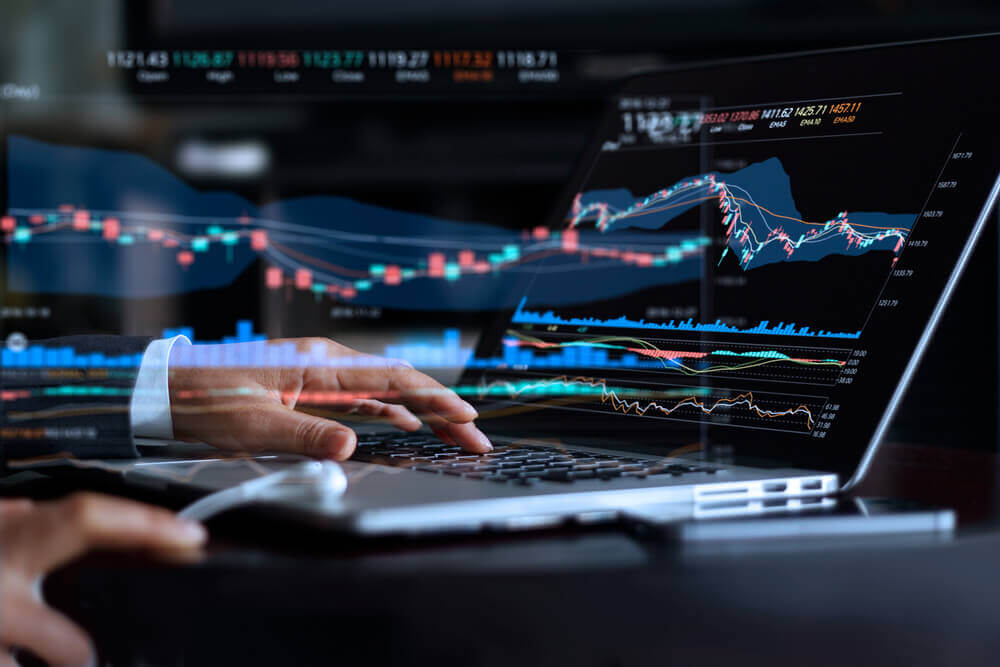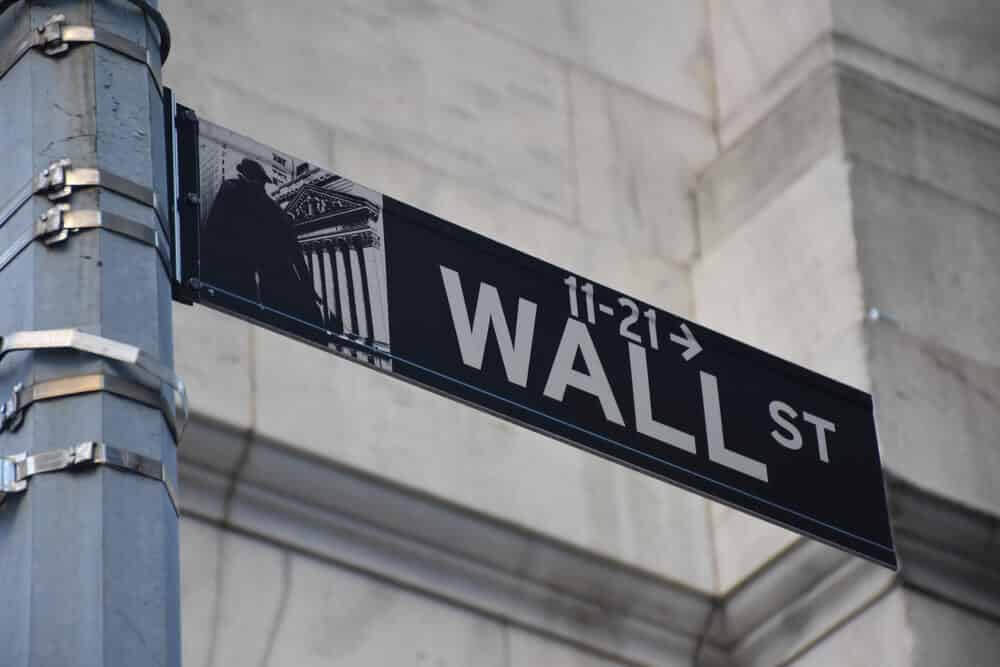
Stock Market Today: European stocks started higher
The European stock markets have begun the session this Thursday on the rise. It happened after the losses registered yesterday due to the fear of the increase in inflation.
At the opening of the market, Frankfurt had fallen by 0.77%. Paris dropped by 0.66%; London lost 0.50%; Milan yielded 0.42%, and Madrid decreased by 0.29%.
Investors fear that a price rebound will force central banks to start withdrawing monetary stimulus ahead of time.
The Hang Seng Index lost 0.74% at the beginning of the trading
Investors returned from the short holiday in China and followed the global sell-off the day before. Hong Kong stocks fell in early trading.
The Hang Seng Index dropped by 211.79 points, or 0.74%, to 28,382.02 points. The Hang Seng China Enterprises Index decreased by 41.03 points, or 0.39%, to 10,613.27 points. The Hang Seng Composite Information Technology Industry Index climbed by 279.29 points, or 1.43%, to 19,870.69.
Best Chinese stocks to buy now
Tencent Stock
This is a Chinese massaging, gaming, and payments company. Its earnings growth has hastened for three straight quarters. In the fourth quarter, it reached 37%. The EPS rating of the company equals 96 out of a best-possible 99.
Bilibili Stock
Bilibili is a well-known video barrage website in China targeting younger generations. Besides, it includes live broadcasting and mobile games.
Analysts believe the company will keep losing money through at least 2022. However, sales growth has increased for the last three quarters. In Quarter 4, its profit grew by 104% to $588.4 million.
Futu Stock
This Chinese online brokerage firm’s earnings surged by 531% per share in the first quarter. Revenue increased by 348%. Even though the EPS rating is only 70, it is expected to improve after the latest results.
Trip.com Stock
This is a China-based online travel site. However, it serves customers globally. Because of the pandemic, trip.com lost money in Quarter 1 of 2020. Still, with a covid-19 fading, analysts expect it to earn 49 cents a share this year.
Wall Street stocks settled lower for the third day in a row

Still, Fed chair Jay Powell affirmed the central bank would maintain its ultra-accommodative stand until the US labor market recovers from the pandemic.
According to Luca Paolini, chief strategist at Pictet Asset Management, the Fed cannot stay on the sidelines forever. Markets see them slower and worry that a panicked reaction comes too late.
On May 19, the three major Wall Street indexes continued to fall. The Dow Jones Index slumped by 164.62 points to 33,896.04 points. The S&P Index slipped by 12.15 points to 4,115.68 points. On the other hand, Nasdaq lost 3.9 points to close at 13,299.74 points.
General Motors – Wall Street’s favorite
Wall Street is getting bullish about GM stock. Bill Selesky, an Argus analyst, increased his target for General Motors shares to $66 from $62 on Tuesday.
It followed the company’s first-quarter results, which were better than expected. More than 90% of analysts reporting about GM stock rated shares Buy. The average Buy-rating ratio for stocks is approximately 55%.
Moreover, the average analyst price target was less than $33 a year ago. It increased more than 100% to reach about $70 a share.
Fed minutes send the Seoul Stock Exchange down by 0.34%
The Seoul Stock Exchange closed today with a fall of the Kospi, its primary indicator, by 0.34%. It was a result of the Fed fueling fear to a change in monetary policy.
The selective South Korean Kospi lost 10.77 points on Thursday to stand at 3,162.28 units. Meanwhile, the Kosdaq technology stock index advanced by 0.21%, or 2.03 points, to close at 971.13 units.
Foreign and institutional investors were net sellers on the day.
Technology giant Samsung Electronics, the chipmaker with the largest capitalization in Seoul, fell by 0.13% today. On the other hand, SK Hynix, the world’s second-largest chipmaker, gained 1.24%.
In the biopharmaceutical sector, Samsung Biologics dropped by 0.34%, and its competitor, the giant Celltrion, depreciated 0.74%.
In contrast, the largest South Korean internet portal operator, Naver, rose by 0.43%. Kakao, the country’s primary instant messaging application operator, increased its value by 0.44%.
The primary car manufacturer in the country, Hyundai Motor, lost 2.81% of its value.
The Hang Seng slipped by 0.5%
The Hang Seng, the main benchmark index of the Hong Kong Stock Exchange, closed this Thursday with losses of 0.5%. It was weighed down by declines in energy companies and bank securities.
Selective Hong Kong finished at 28,450.29 points, while the Hang Seng China Enterprises lost 0.11%.
Two of the four sub-indices of the Hong Kong stock closed in red: Finance (1.33%) and Real Estate (0.22%). On the other hand, Commerce and Industries and Services added 0.13% today.
The global stock market may enter a deep correction
Senior Credit Suisse officials pointed out on Wednesday that global stock markets are undergoing consolidation. They believe there may be a deep correction next.
Ray Farris, Credit Suisse South Asia Investment Chief, stated that data has become more volatile as global growth momentum approaches its peak. He warned that the global stock market might enter a deeper correction. But Farris also said that after the stock market started this year strongly, the recent wave of corrections will bring great opportunities for investors.
According to reports, since the closing price on the last day of 2020, the US S&P 500 index has risen nearly 6%. The pan-European Stoxx 600 index has increased by 7.66%. Japan’s Nikkei 225 has advanced by 6.32%; Hong Kong’s Hang Seng Index expanded by 4.21%.
The financial services company affirmed that its focus has always been not to chase the stock market that has soared in the past few months.
Farris explained that in the 30 years ending in 2019, the stock market had an average correction of about 14%. However, the increase since the bottom was as high as 39%. He pointed out that the average correction rate of the S&P 500 index in 2020 was about 9%, but then it expanded by 29%.
- Test your knowledge of stock markets and stock trading. Take the quiz!
-
Support
-
Platform
-
Spread
-
Trading Instrument




